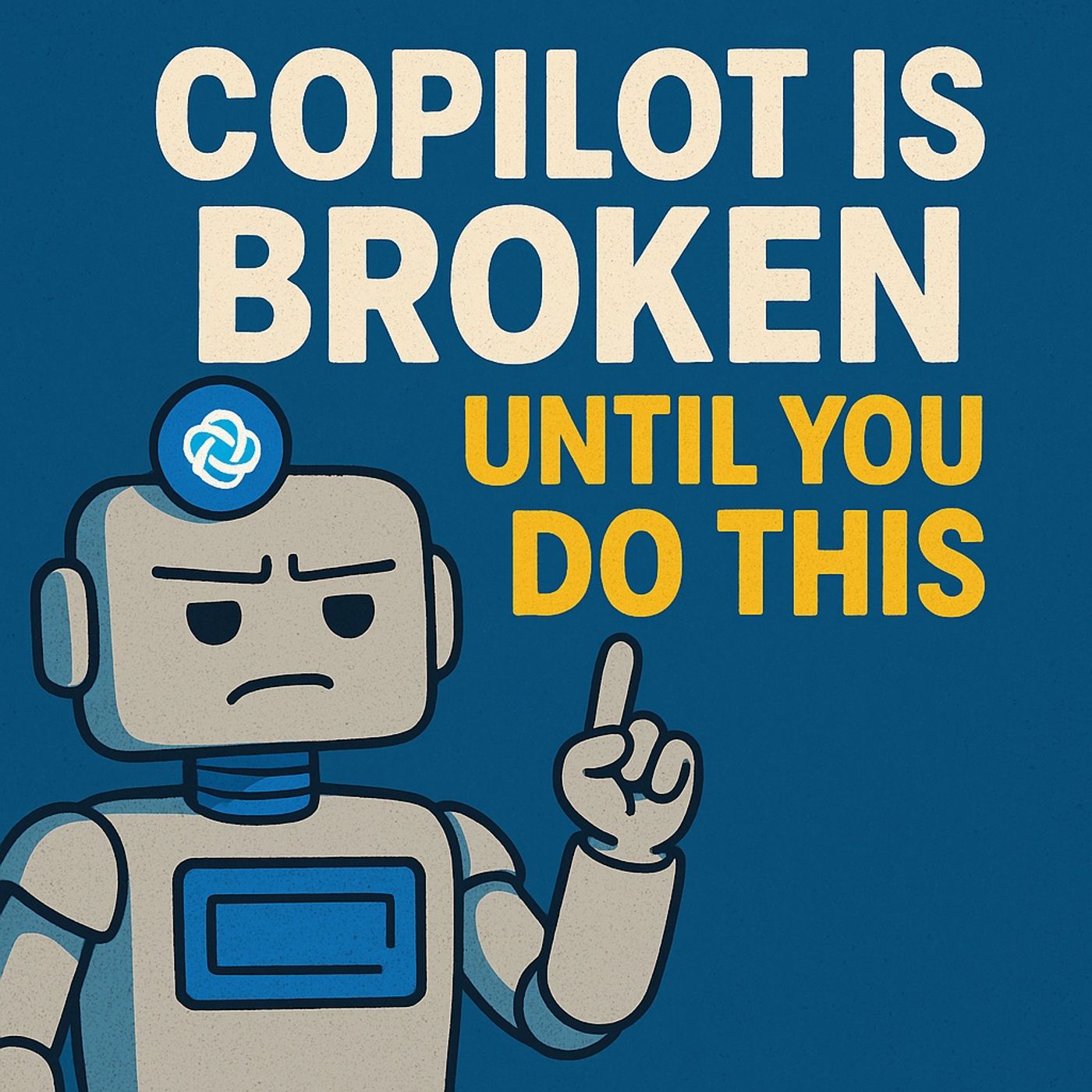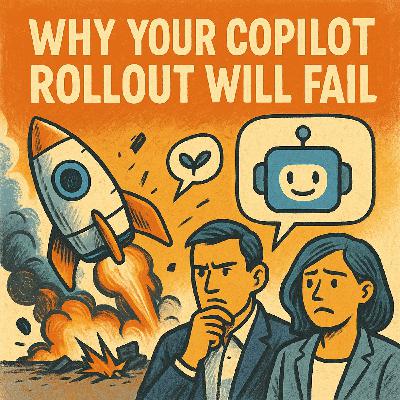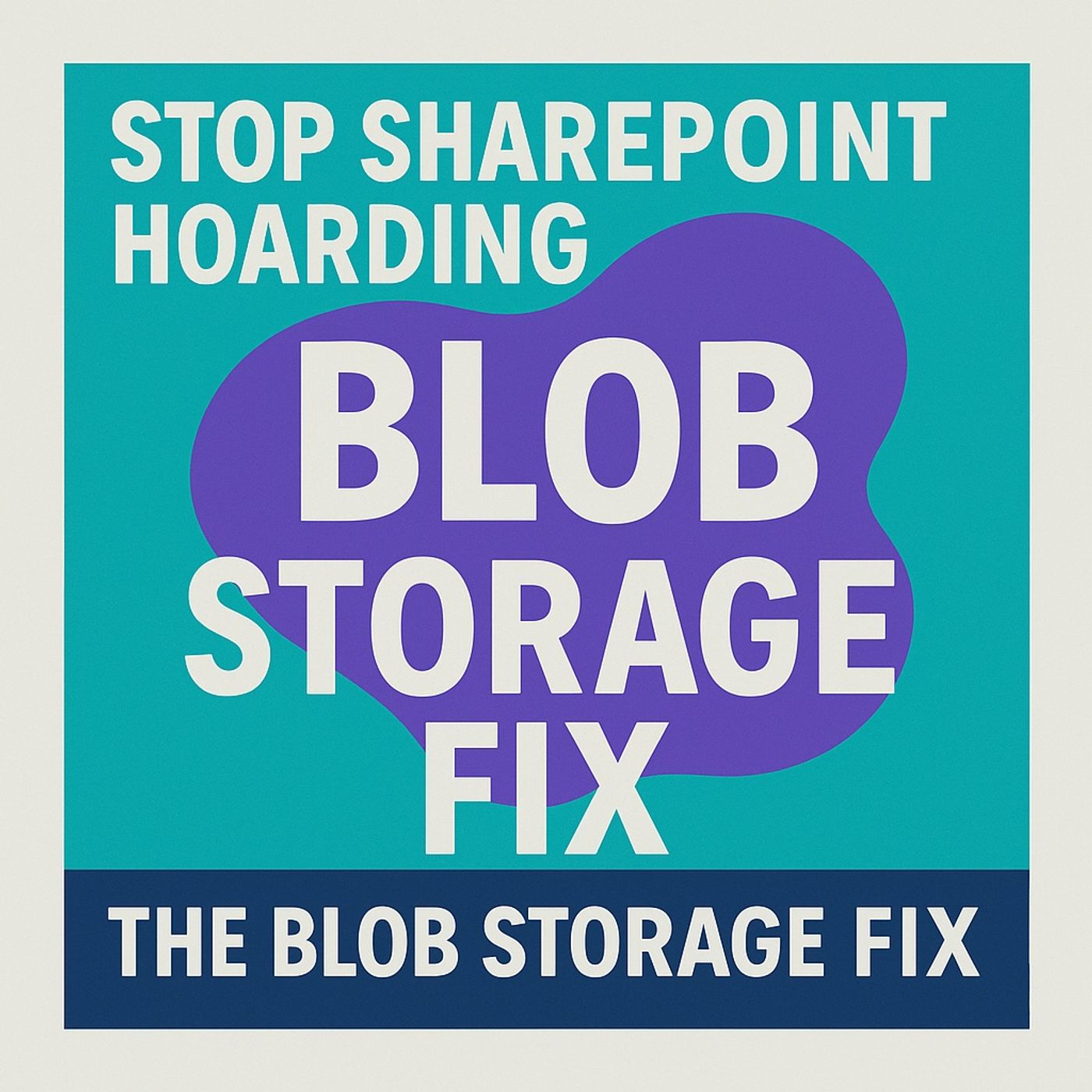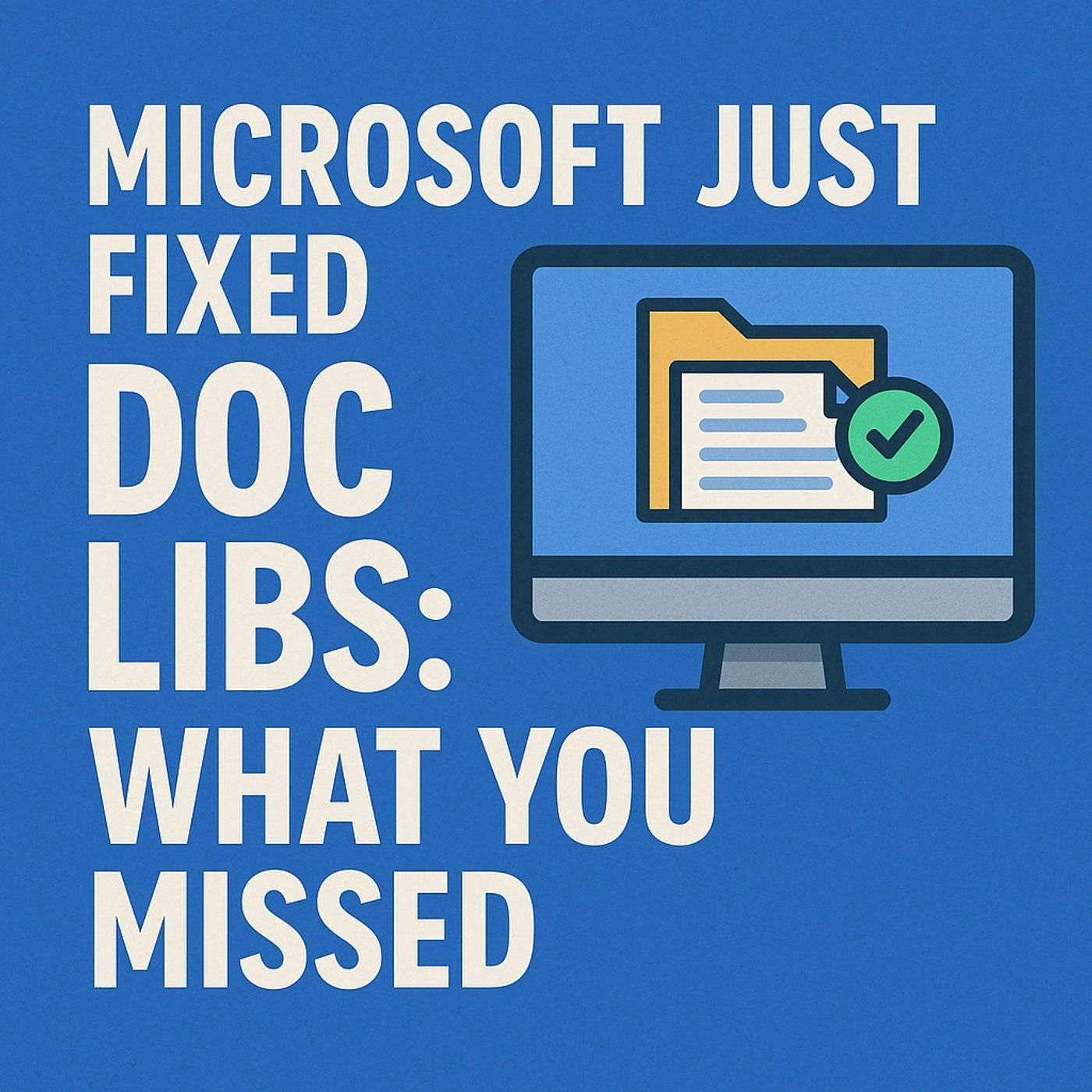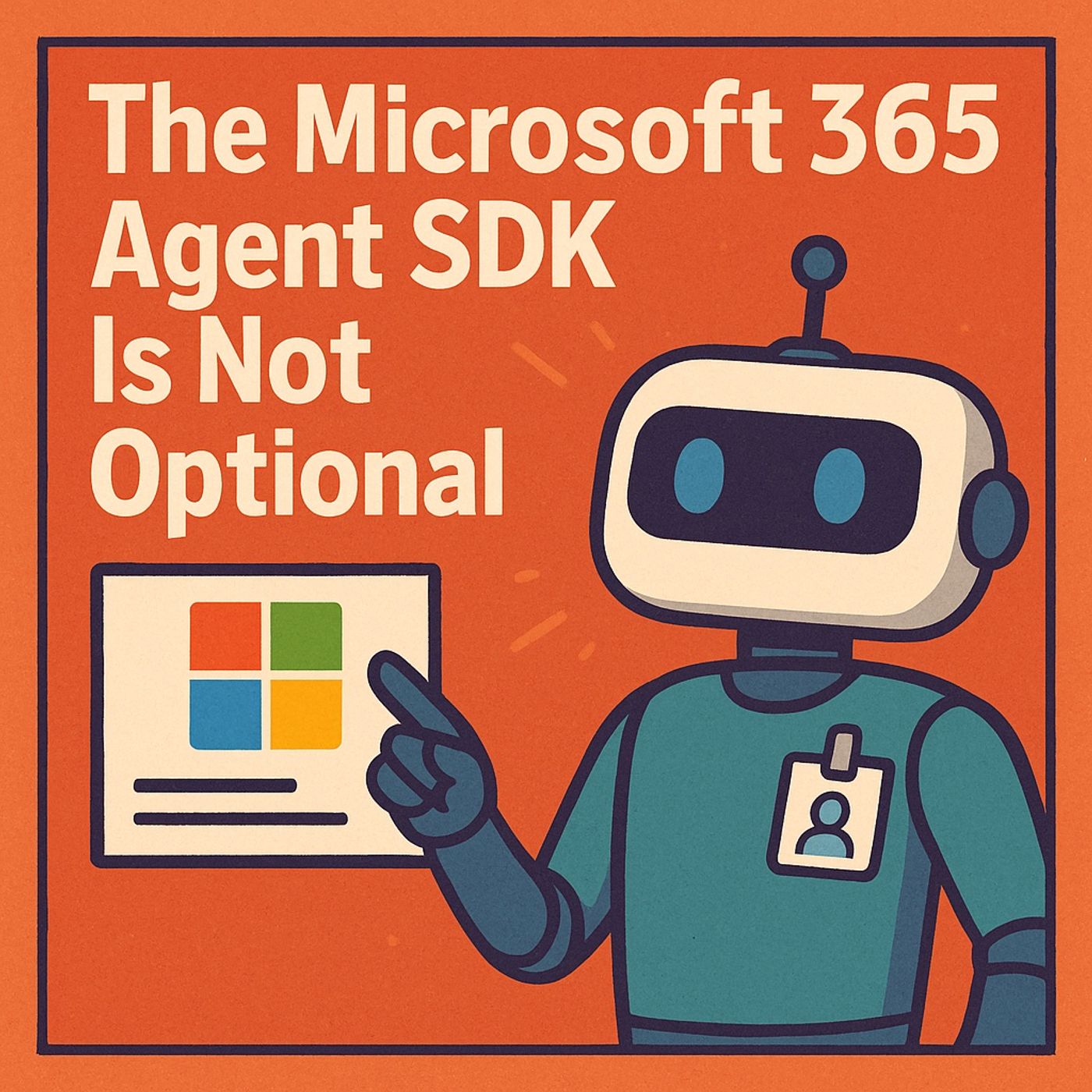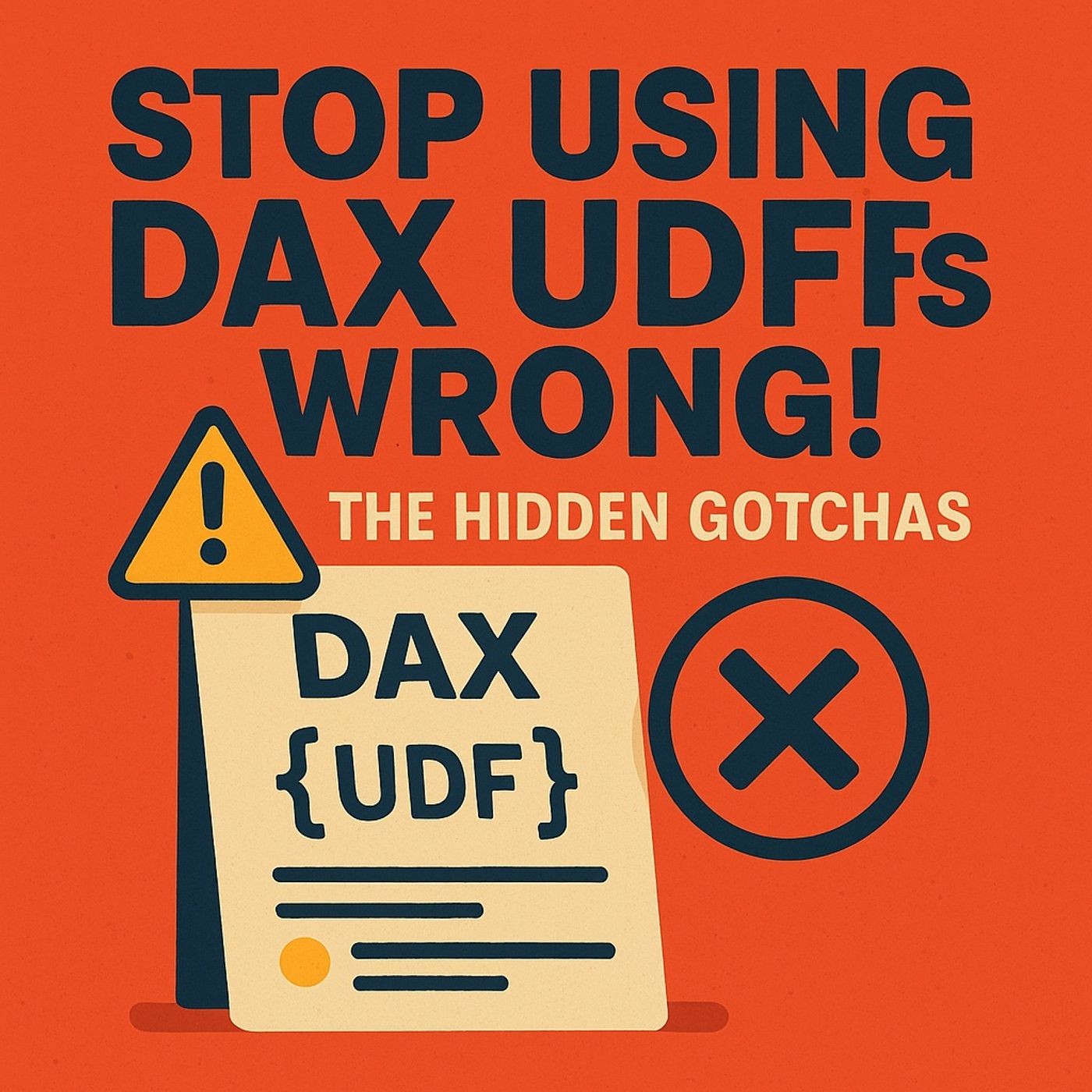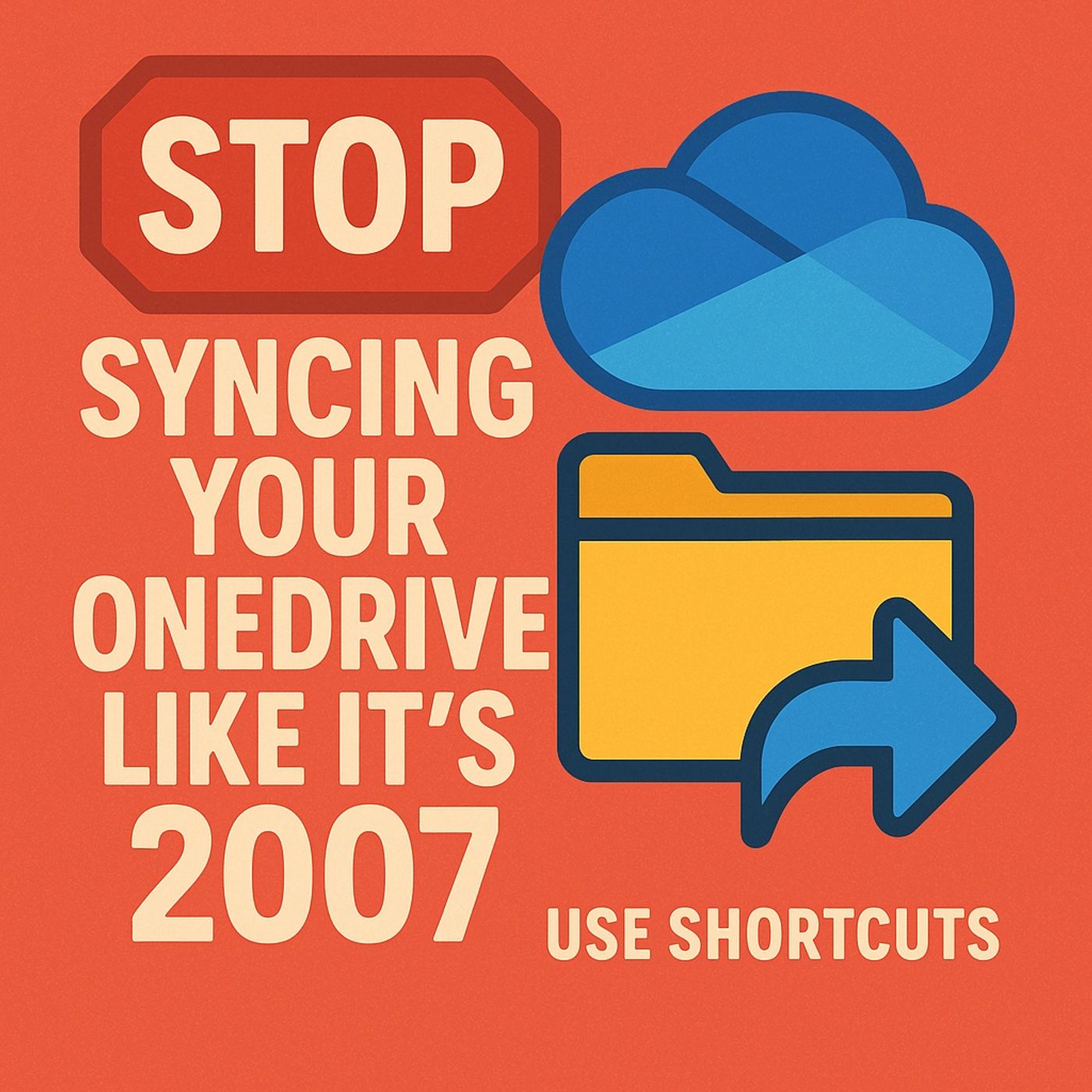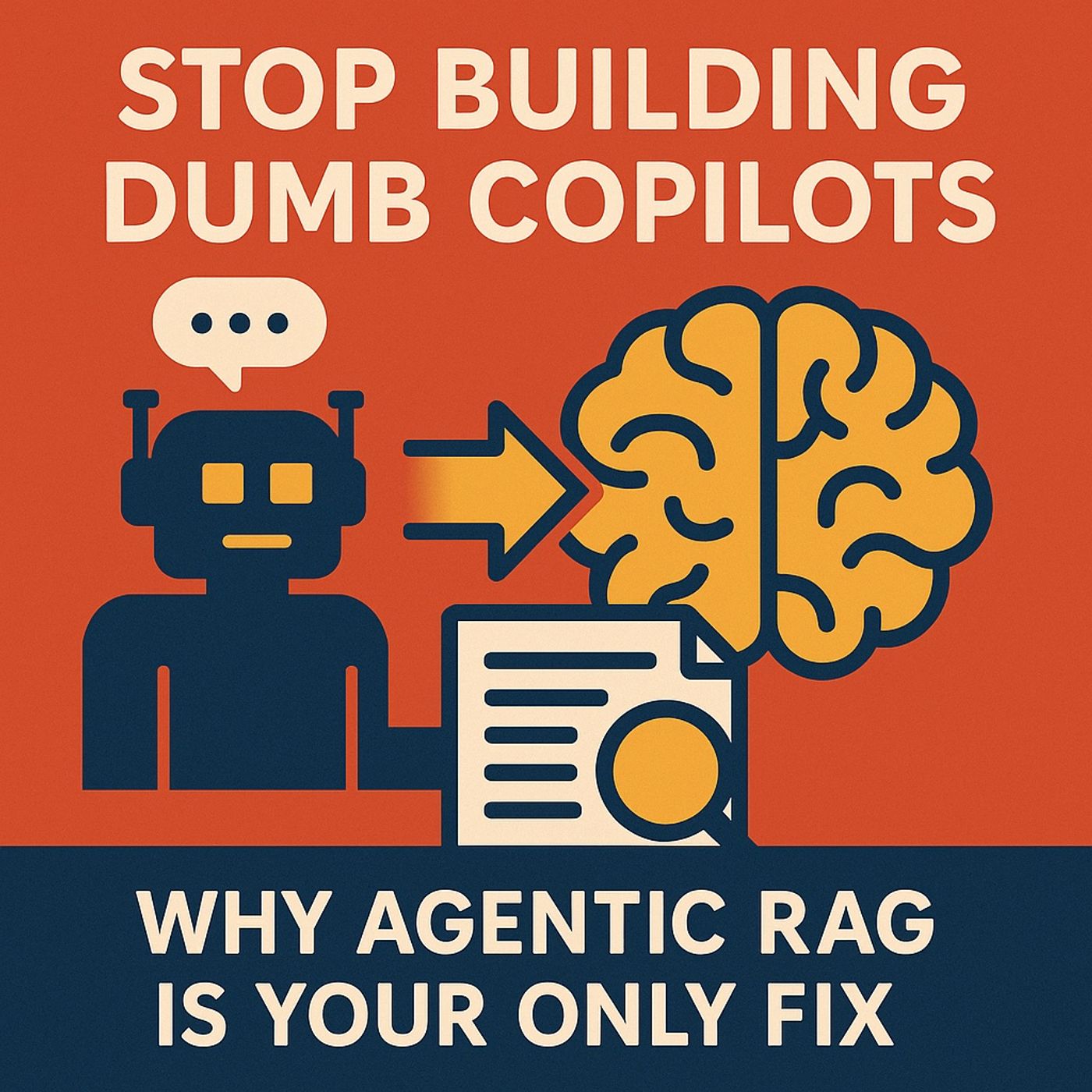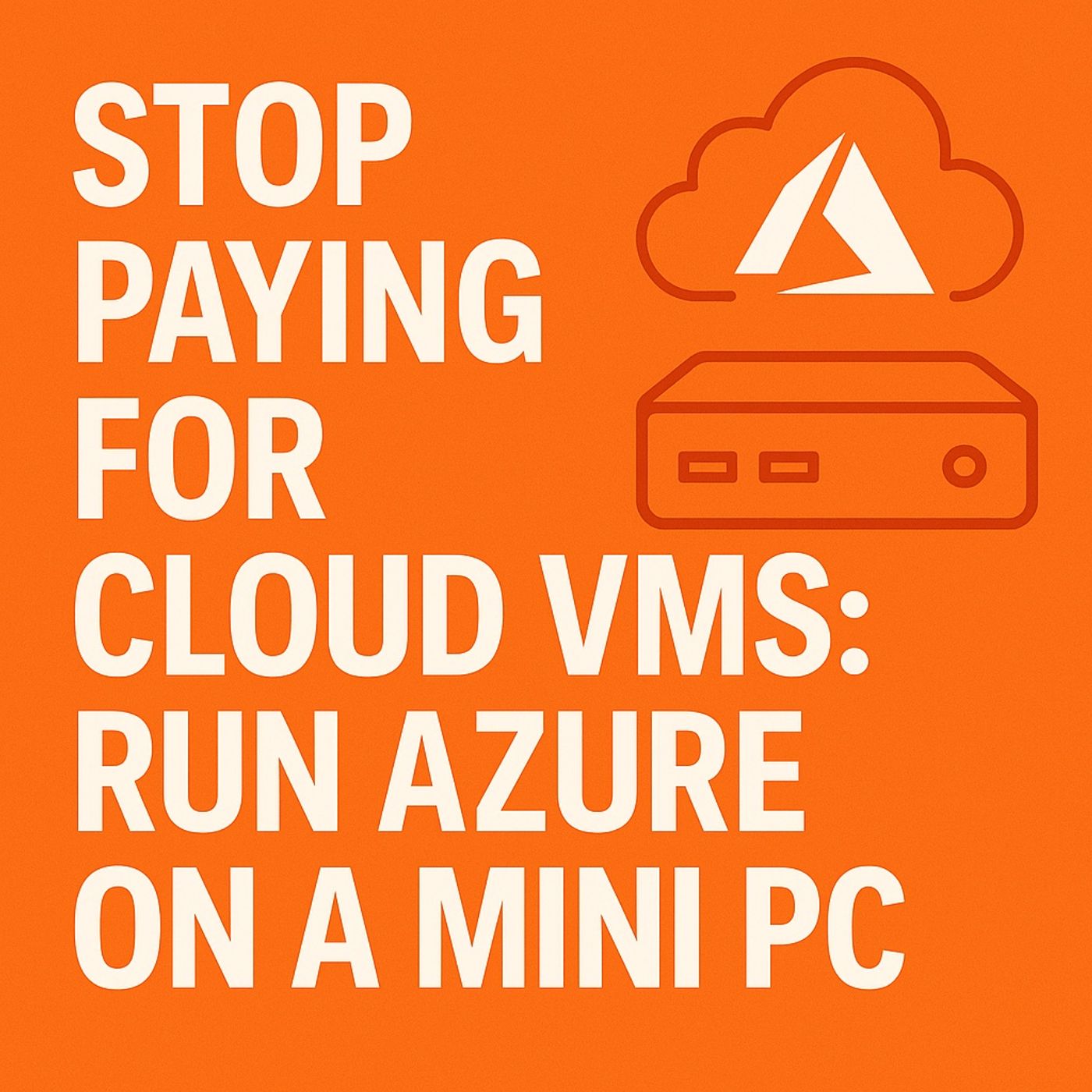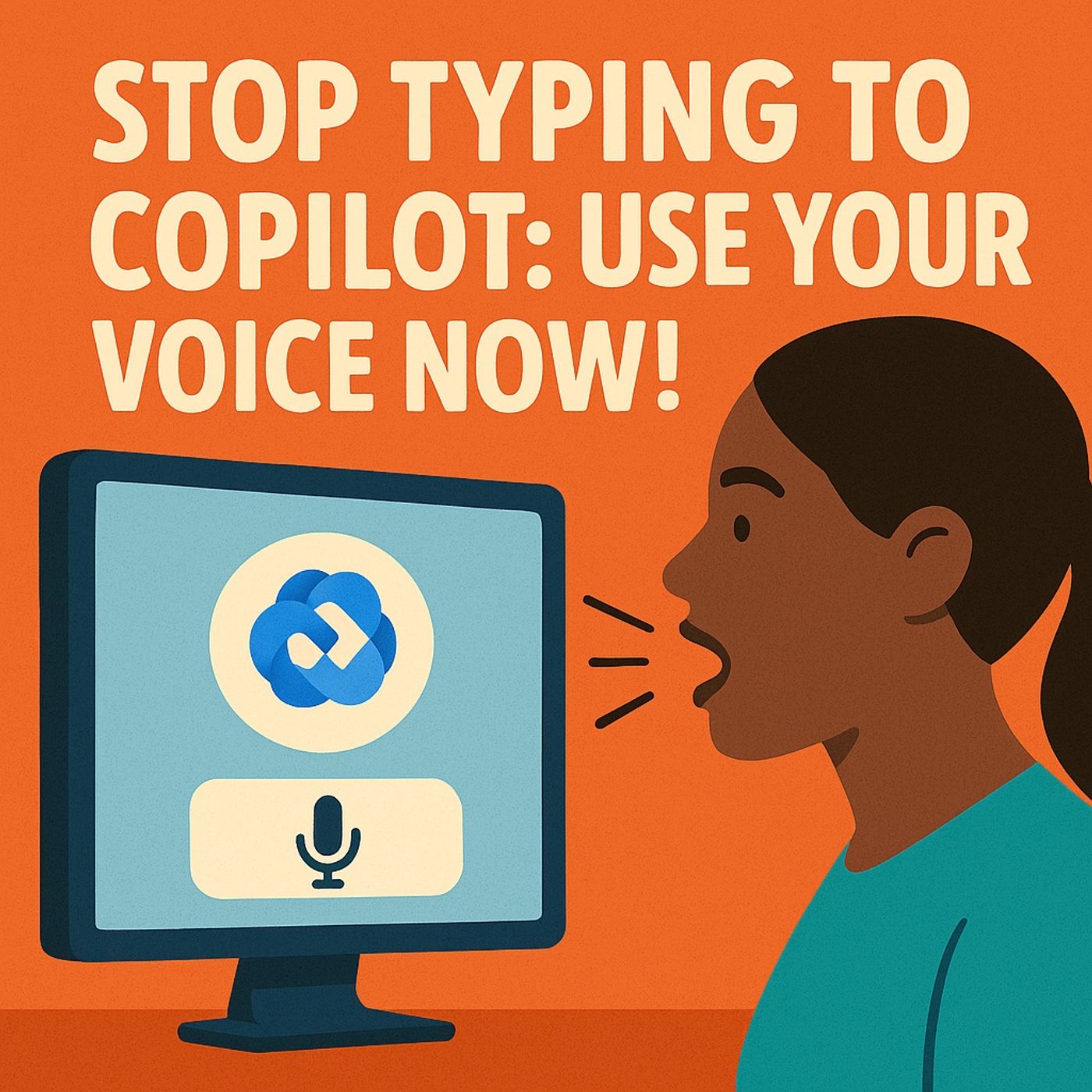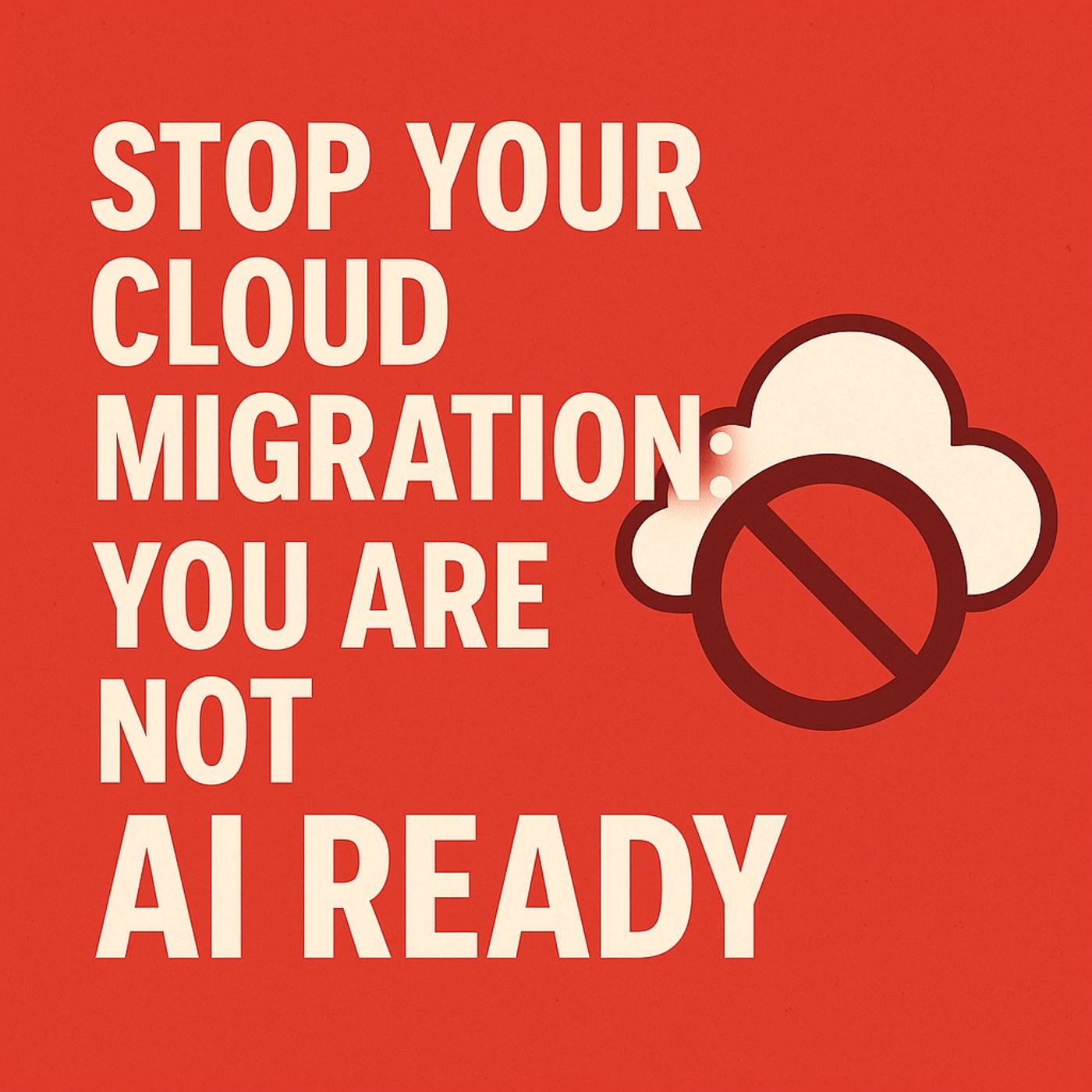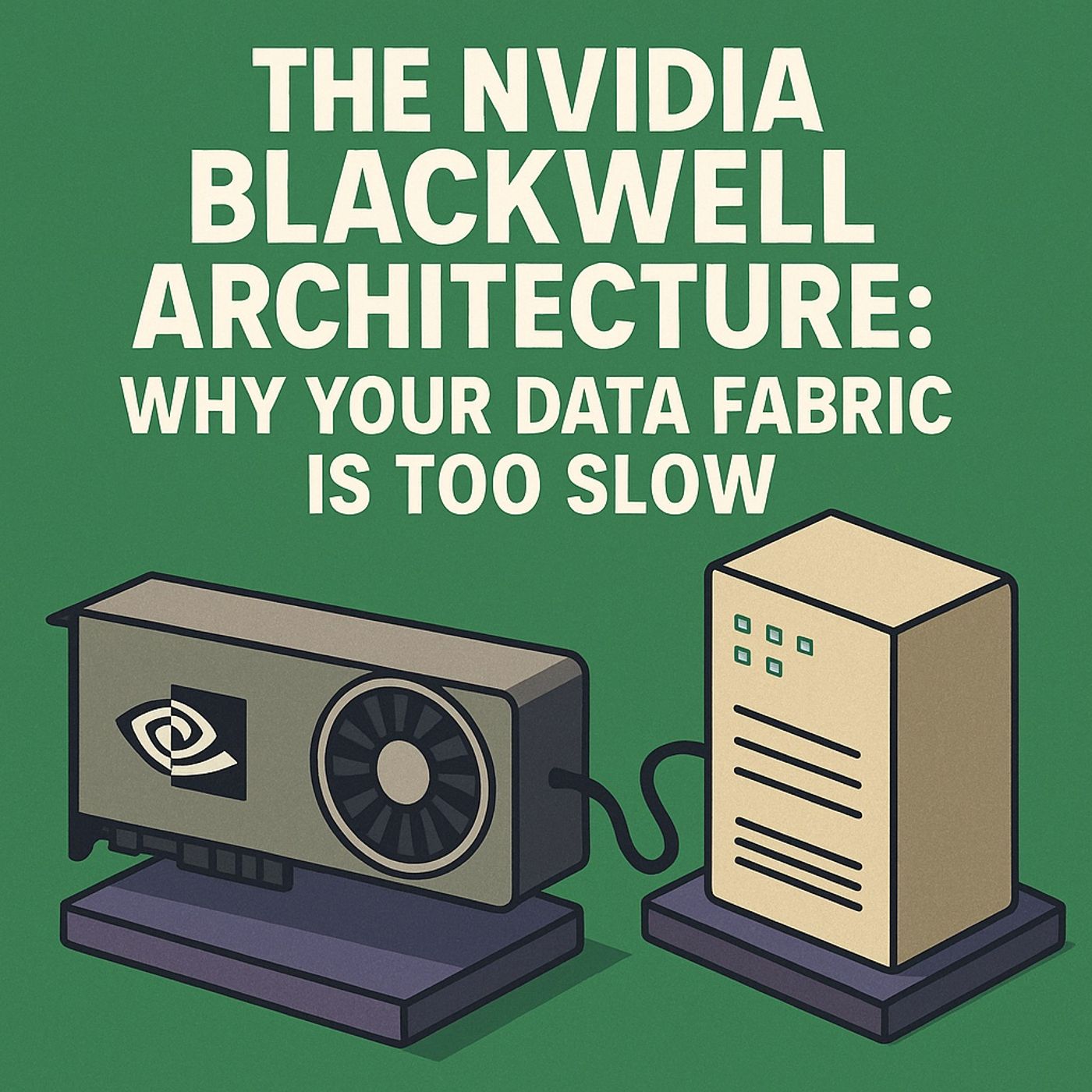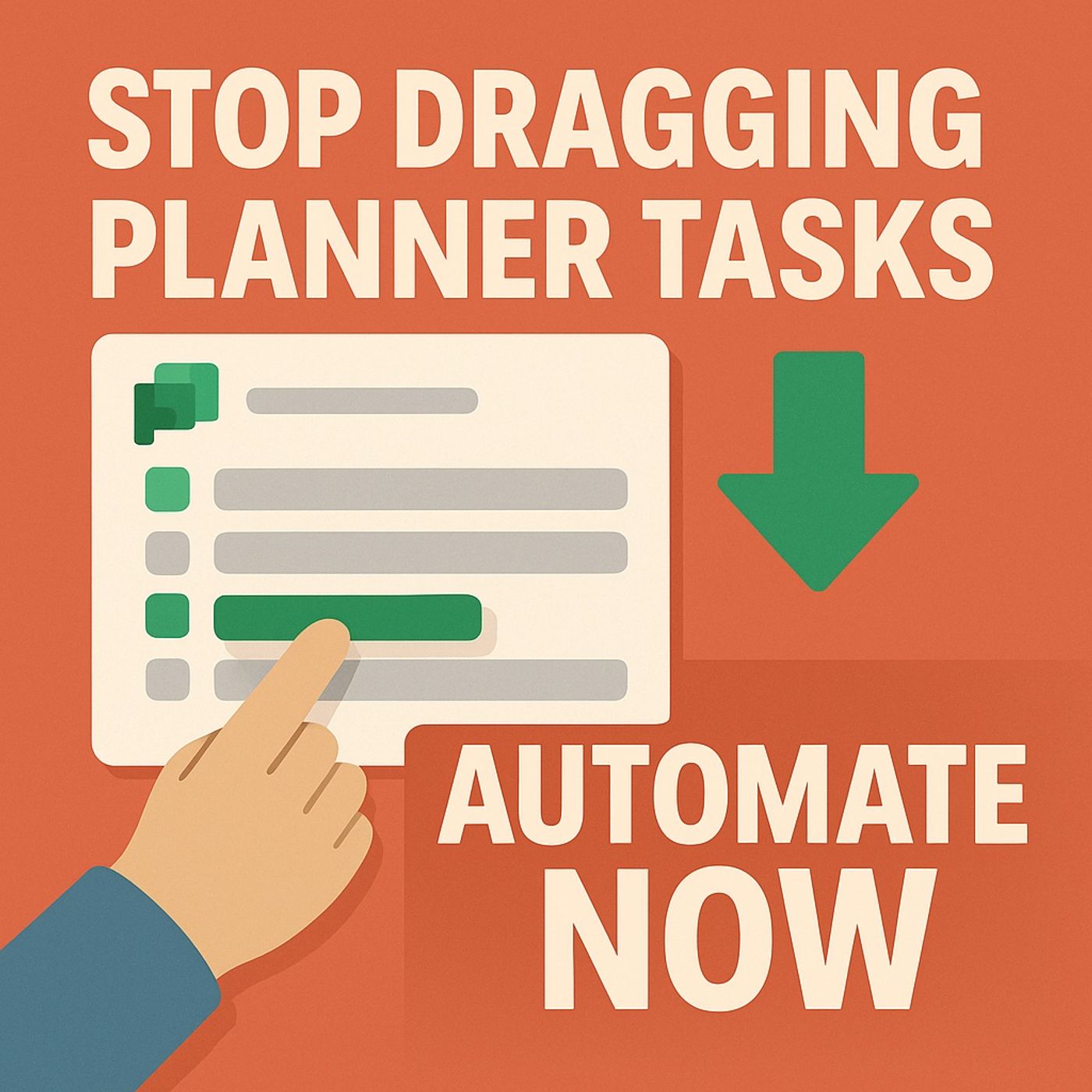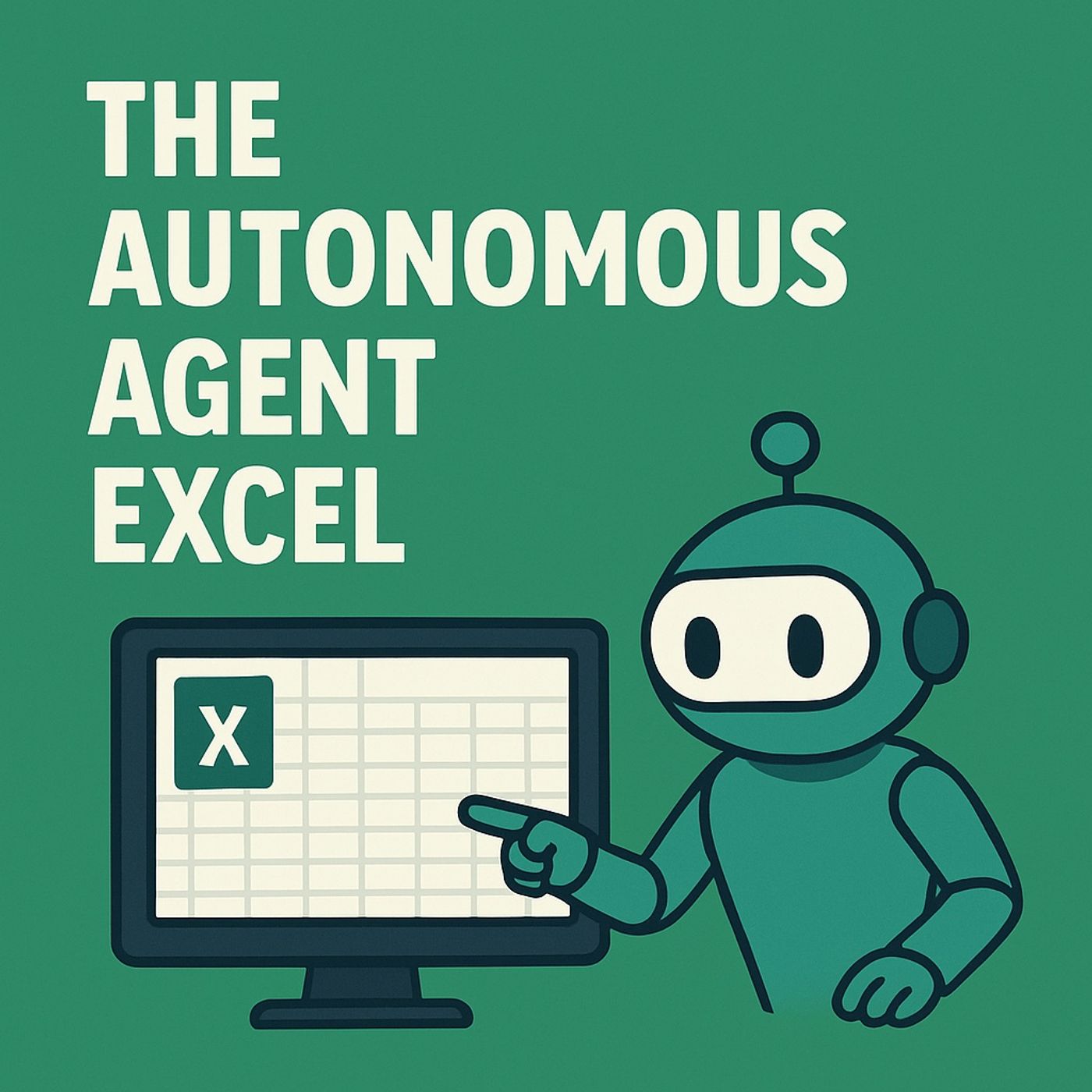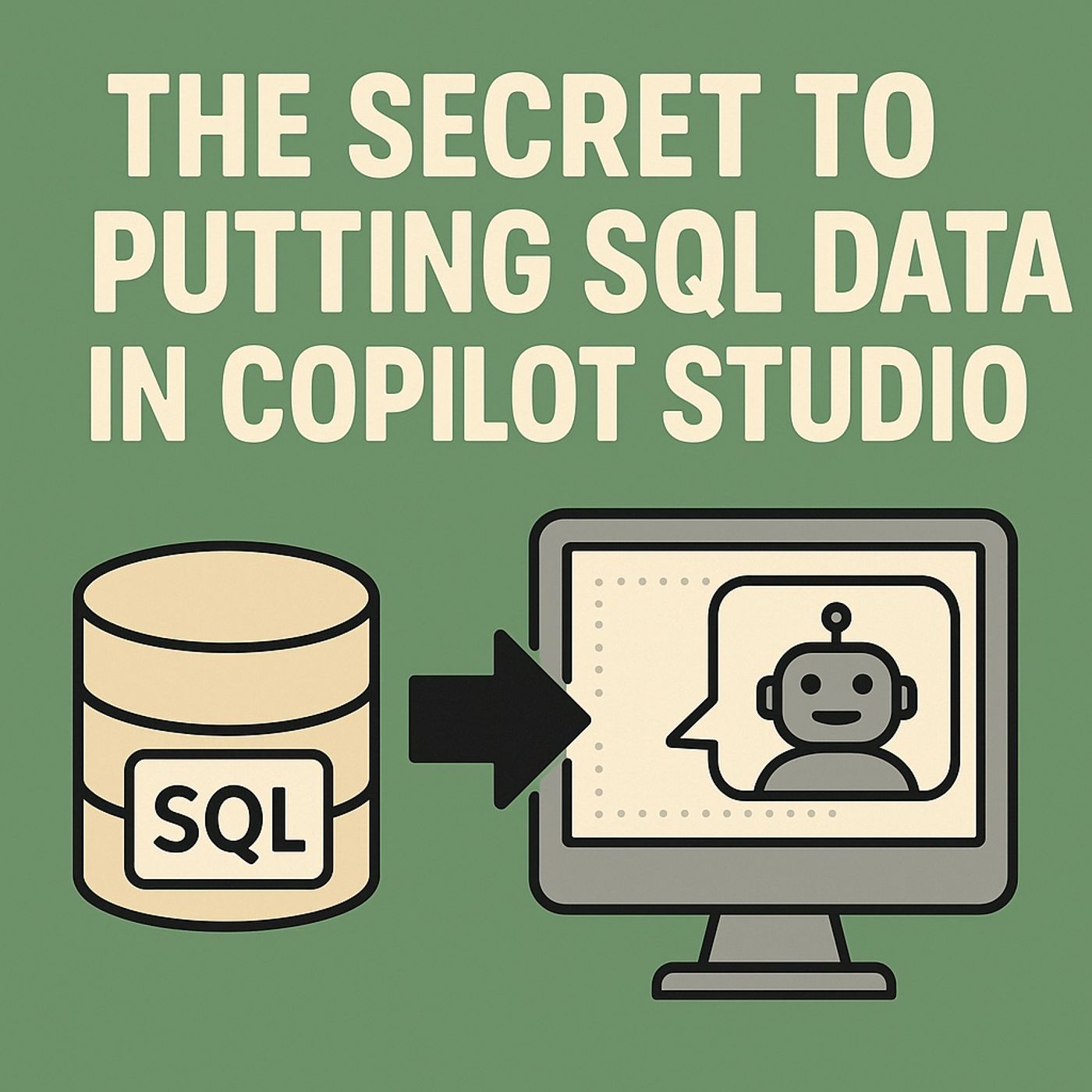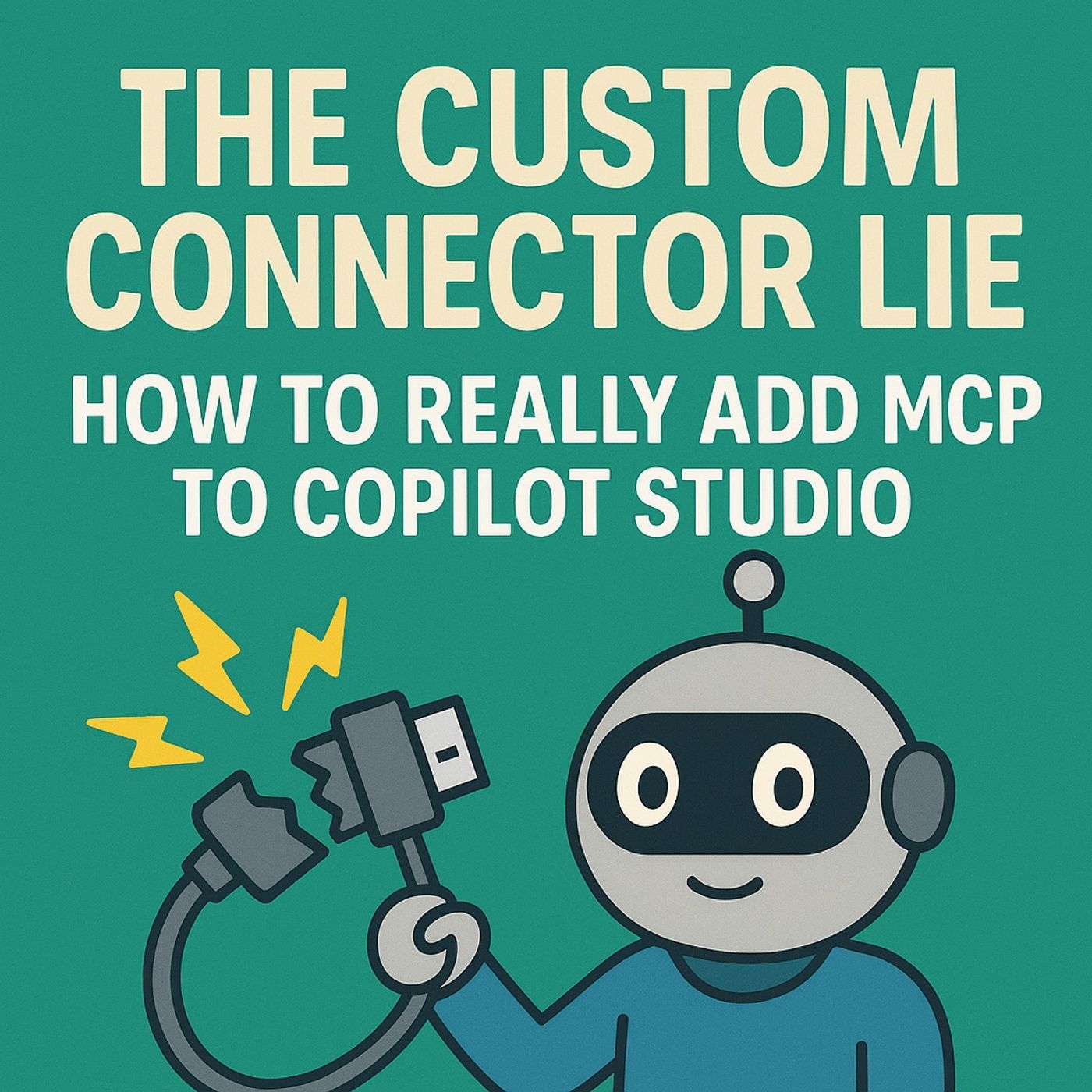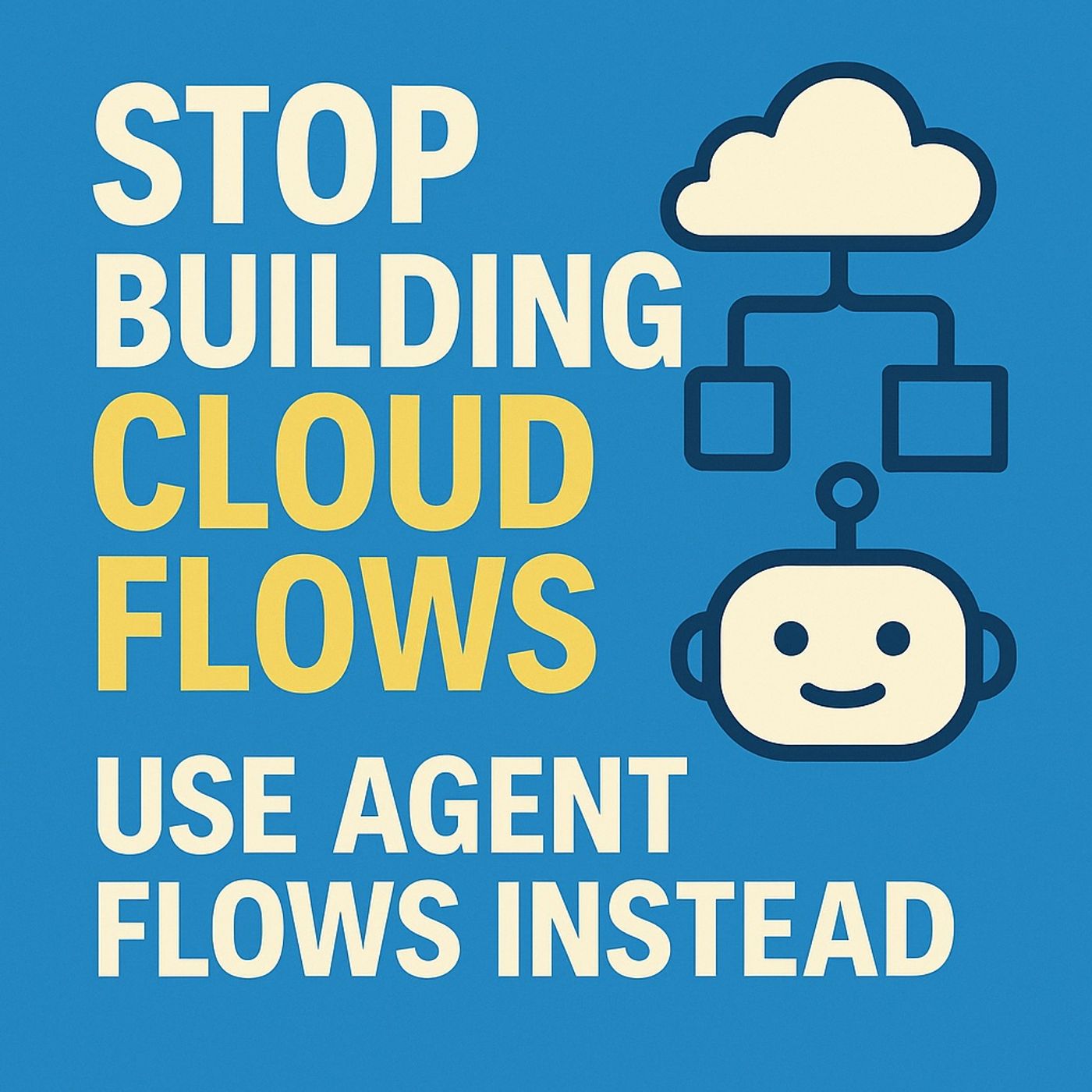Copilot Is Broken Until You Do THIS
Update: 2025-11-22
Description
Out-of-the-box Microsoft Copilot sounds confident—but in real organizations, it frequently gives generic, incomplete, or misleading answers about internal rules, DLP policies, regional SOPs, and compliance workflows. The problem isn’t the model. The problem is that Copilot doesn’t know your company’s rules, exceptions, or processes. In this episode, you’ll learn the exact fix: bring your own custom engine agent—your own specialist—into Microsoft 365 Copilot Chat using a simple manifest upgrade. We break down why default Copilot fails, what custom agents can do that Copilot can’t, the architecture behind retrieval + actions + guardrails, and the two-minute manifest tweak that unlocks Copilot Chat. If you want to eliminate hallucinations, increase policy accuracy, and make Copilot a real enterprise asset instead of a polite intern, this is your playbook. What You’ll Learn in This Episode 1. The Real Reason Copilot Feels “Broken” in Enterprises Despite the hype, default Copilot cannot:
Your agent becomes the brain. 3. Where Default Copilot Fails (With Real Examples) We break down three high-risk categories: A. Data Loss Prevention (DLP) Questions Copilot knows Microsoft’s DLP theory but not your:
Tag present → Copilot routes queries to your agent 3. Add conversation starters (up to 12) These teach users what your agent knows:
Different brain. 7. Governance, Lifecycle, and Scaling to the Enterprise We cover the operational side:
Become a supporter of this podcast: https://www.spreaker.com/podcast/m365-show-podcast--6704921/support.
Follow us on:
LInkedIn
Substack
- Interpret your company’s DLP exceptions
- Apply region-specific SOPs
- Follow internal escalation rules
- Know your compliance restrictions
- Understand your security classifications
- Execute your internal decision trees
- “Can I share this customer spreadsheet externally?” → Generic answer, missing your DLP exception list
- “Who handles a Sev-2 outage in EMEA after 6 p.m.?” → Generic ITIL nonsense
- “Can we send HIPAA updates via Outlook campaigns?” → A polite hallucination that ignores legal rules
- Your retrieval index (Azure AI Search)
- Your actions (internal APIs, policy lookups, exception verification)
- Your guardrails (tenant controls + data scopes)
- Your reasoning (Semantic Kernel / LangChain orchestration)
Your agent becomes the brain. 3. Where Default Copilot Fails (With Real Examples) We break down three high-risk categories: A. Data Loss Prevention (DLP) Questions Copilot knows Microsoft’s DLP theory but not your:
- Project-code exceptions
- Allowed domains
- Threshold rules
- Special carve-outs
- Vendor sharing restrictions
- Quotes ITIL
- Suggests calling “the on-call team”
- Misses the actual after-hours vendor
- Misses the 20-minute SLA
- Misses the escalation chain
- The correct vendor
- The correct channel
- The SLA
- A “Page Now” action
- The exact SOP citation
- HIPAA communication rules
- GDPR region-specific handling
- SOC2 audit requirements
- Legal memos
- Confidentiality exceptions
- Azure AI Search
- Hybrid search: vector + keyword
- Chunking optimized for policy documents
- Entity extraction for project codes, regions, severities, etc.
- Semantic Kernel planners
- LangChain tools + chains
- Typed outputs instead of prose
- Deterministic response patterns
- ValidateProjectCode
- CheckOnCallSchedule
- LookupDlpException
- VerifyComplianceChannel
- Tenant controls
- Data-scope boundaries
- RAI filters
- Logging, observability, redaction
Tag present → Copilot routes queries to your agent 3. Add conversation starters (up to 12) These teach users what your agent knows:
- “Ask about DLP sharing exceptions”
- “Check EMEA after-hours escalation path”
- “Verify HIPAA-approved communication channels”
- What your agent can do
- How to call your APIs
- What parameters exist
- What work it can automate
- Generic answers
- Hallucinated best practices
- Wrong SOP routing
- Missing DLP exceptions
- No links to internal processes
- High-risk compliance answers
- Precise decisions
- API-verified logic
- Only your approved policies
- Region-specific, time-specific answers
- Action buttons
- Full citations with permalinks
- Reduced hallucinations
- Faster time-to-answer
Different brain. 7. Governance, Lifecycle, and Scaling to the Enterprise We cover the operational side:
- How to version your agent
- How to evaluate hallucinations weekly
- How to tie outputs to citations
- How to manage environment boundaries
Become a supporter of this podcast: https://www.spreaker.com/podcast/m365-show-podcast--6704921/support.
Follow us on:
Substack
Comments
In Channel

